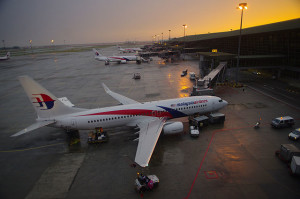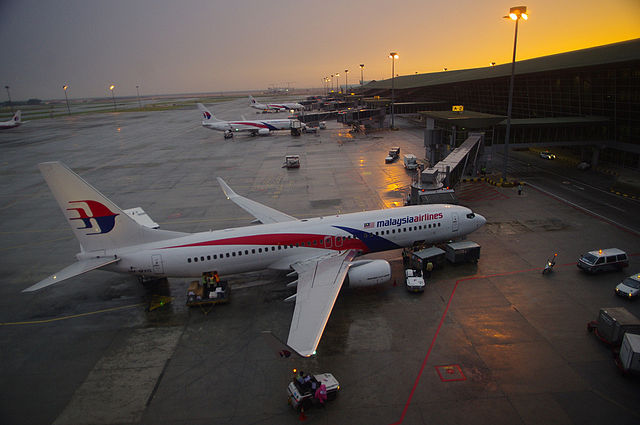 Air cargo market demand has moderated in May from its strong growth in the past few months, as the industry no longer has the added benefit of the U.S. West Coast port congestion, according to the latest traffic figures from Kuala Lumpur-based Association of Asia Pacific Airlines (AAPA).
Air cargo market demand has moderated in May from its strong growth in the past few months, as the industry no longer has the added benefit of the U.S. West Coast port congestion, according to the latest traffic figures from Kuala Lumpur-based Association of Asia Pacific Airlines (AAPA).
For Asia-Pacific carriers, air cargo demand rose 2.9% in freight tonne kilometers terms against an offered freight capacity that grew by 5.1%, leading to a 1.4 percentage point decrease in the average international freight load factor to 63.5% for the month.
Andrew Herdman, the association’s director general, said that while international air cargo markets recorded further growth in May, it was “at a moderate pace compared to the preceding months when demand was boosted by congestion in US West Coast maritime ports.”
Overall, Asian airlines registered a 6.3% increase in international air freight demand for the first five months of the year.
Meanwhile, business remains brisk on the passenger side. Boosted by strong leisure travel demand, the region’s carriers recorded an 11.8% increase in the number of international passengers carried in May to total 22.9 million.
Traffic, in revenue passenger kilometer terms, grew by 9.6%, outpacing the 6.7% expansion in available seat capacity to result in a 2.1 percentage point increase in the average international passenger load factor to 76.3%.
Herdman said firm demand in major North Asian markets contributed to the vibrant air passenger markets. “Taken together, the first five months of the year saw Asian airlines post a healthy 9.9% increase in the number of international passengers carried to a combined total of 113.6 million.”
The association remains optimistic, even for airfreight. Said Herdman, “Overall, air passenger markets are expected to maintain robust growth rates, with competitive fares making air travel very affordable. The demand environment for air cargo markets also remains positive, although the pace of expansion appears to be moderating.”
Photo: Emran Kassim





